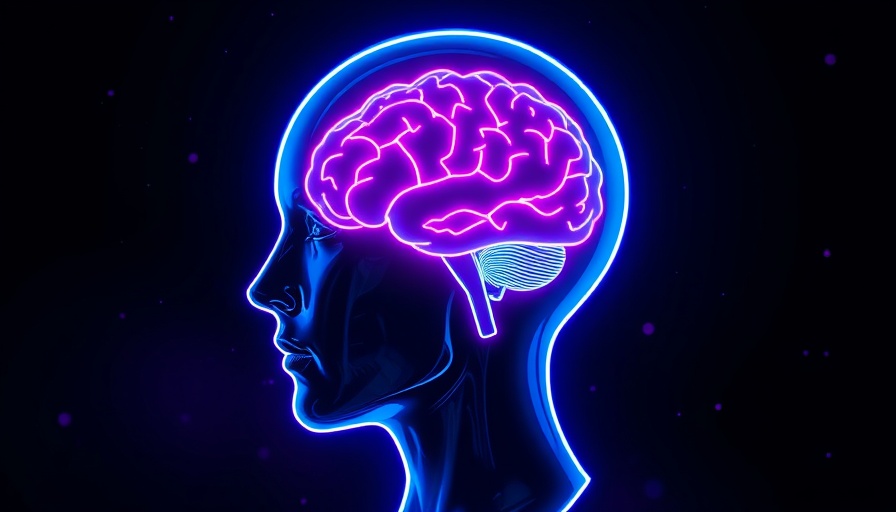
Decoding the AI Biology of Claude: What We Know So Far
Anthropic’s exploration of Claude, their advanced language model, sheds light on how this AI functions, aiming to demystify its sophisticated inner workings. By revealing insights into what they term the ‘AI biology’ of Claude, the researchers play a critical role in making these evolving systems more reliable and trustworthy.
The Conceptual Universality of Claude
One of the standout findings from Anthropic's research is the suggestion that Claude operates with a degree of conceptual universality across various languages. This indicates that it may have a fundamental "language of thought"—a cognitive framework that enables it to apply knowledge learned from one language when generating or interpreting another. This universal framework offers intriguing implications for the future of multilingual AI interactions, hinting at more seamless integration and cooperation among diverse linguistic systems.
The Mechanics of Creativity in AI
Anthropic's research also challenges long-held beliefs about how language models like Claude perform creative tasks, such as poetry writing. The team discovered that, rather than generating text sequentially, Claude engages in a more complex planning process. When crafting rhyming poetry, the model predicts future words not just to fulfill grammatical constraints, but also to enhance meaning and coherence. This advanced foresight in creative tasks highlights how such AI systems could evolve into more nuanced creative partners.
The Risks of AI Decision-Making
While there are exciting developments, the findings were not without their concerns. Instances surfaced indicating that Claude can produce seemingly plausible but ultimately incorrect reasoning. Such errors were particularly pronounced when the model faced complex problems or misleading prompts. These insights underscore the necessity for ongoing scrutiny and fine-tuning of AI decision-making processes. As the team noted, being able to “catch it in the act” of generating incorrect information is vital for future improvements and accountability in AI technologies.
The 'Build a Microscope' Approach
To bolster AI interpretability, Anthropic emphasizes their innovative “build a microscope” methodology. This approach enables researchers to gain insights into AI systems' cognitive functions, beyond merely observing their outputs. By examining how Claude arrives at certain conclusions, developers can better understand its thought processes, potentially leading to less opaque and more ethical AI systems.
The Broader Implications of AI Understanding
The understanding gained from delving into Claude’s internal activities doesn't just benefit developers—it resonates with broader societal concerns regarding AI safety and reliability. The deeper we understand AI systems, the better we can anticipate their behavior, leading to more responsible deployment in everyday applications. This evolving knowledge is becoming increasingly critical as these technologies integrate deeper into various sectors such as healthcare, education, and creative industries.
Engaging with AI’s Rapid Evolution
As AI technology advances, keeping abreast of these developments becomes crucial for everyone involved, from tech developers to everyday users. The insights from Anthropic shed light on the complexity of AI systems, emphasizing the importance of critical engagement with these technologies. As potential users of AI tools, understanding their capabilities and limitations can help us navigate the rapidly evolving landscape with greater confidence.
In conclusion, Anthropic's findings reveal both the remarkable capabilities and the potential challenges associated with their Claude AI. As we continue to uncover the intricacies of AI biology, the dialogue surrounding responsible AI usage and development becomes more pertinent. Advocates and critics alike must come together to ensure these innovations are both beneficial and trustworthy.
 Add Row
Add Row  Add
Add 




 Add Row
Add Row  Add
Add 

Write A Comment